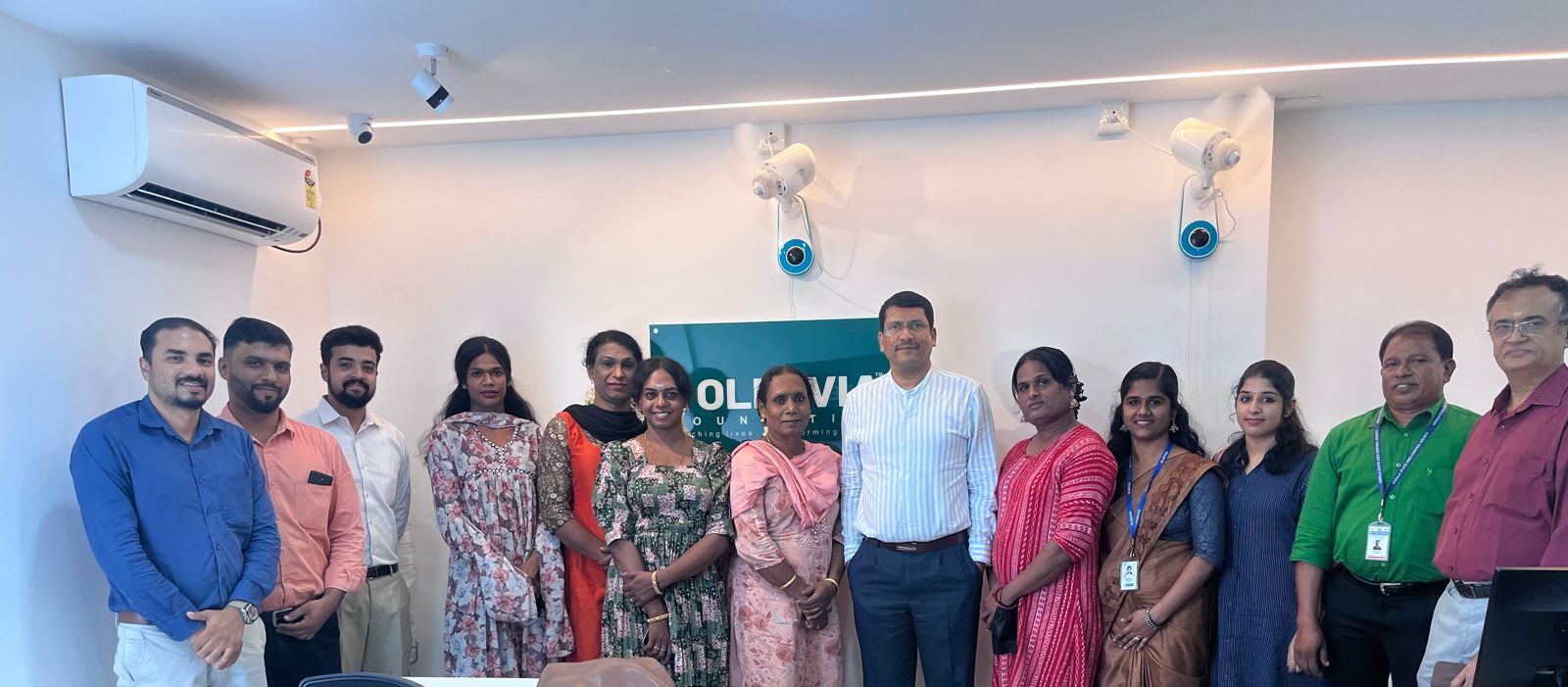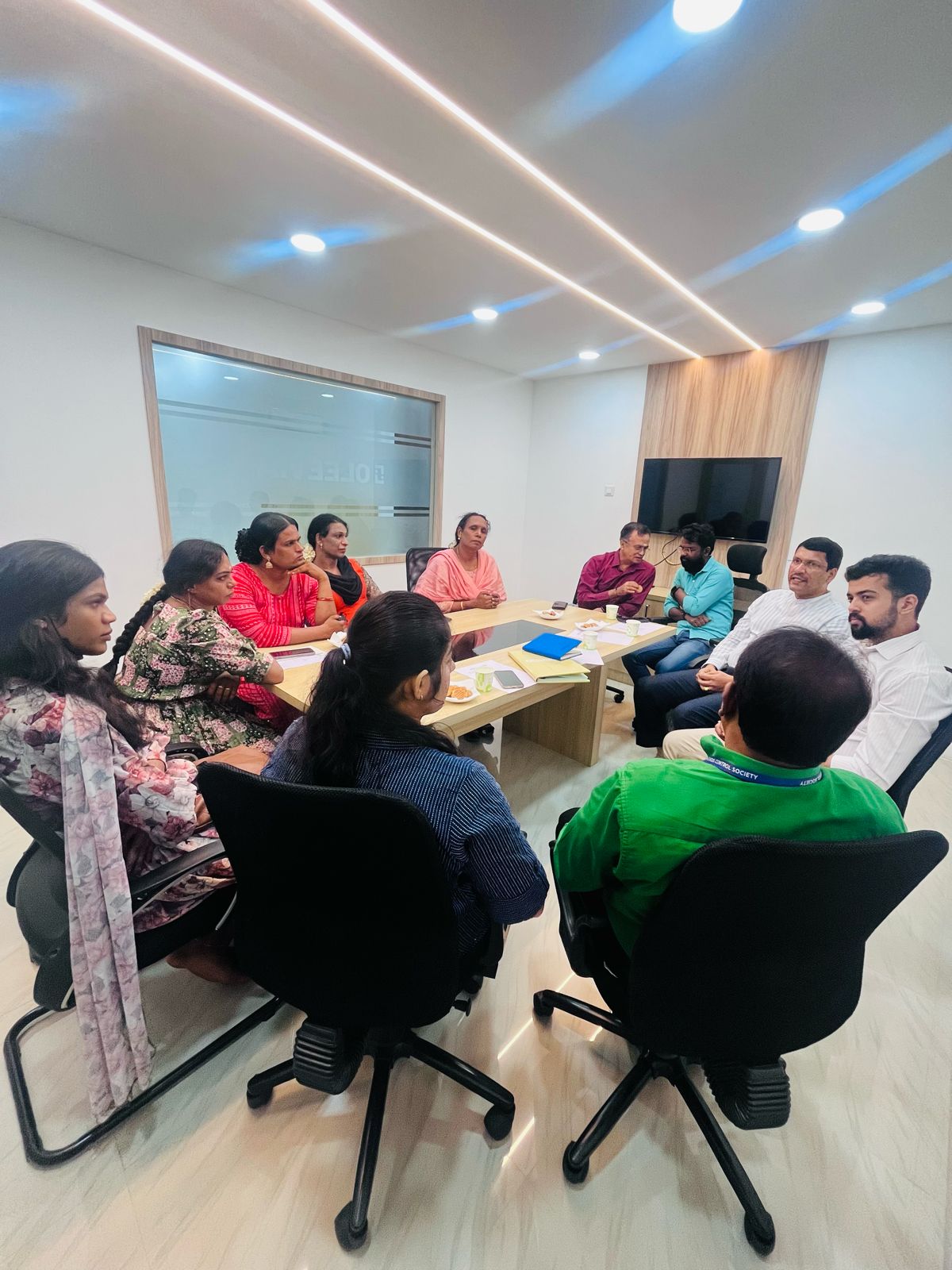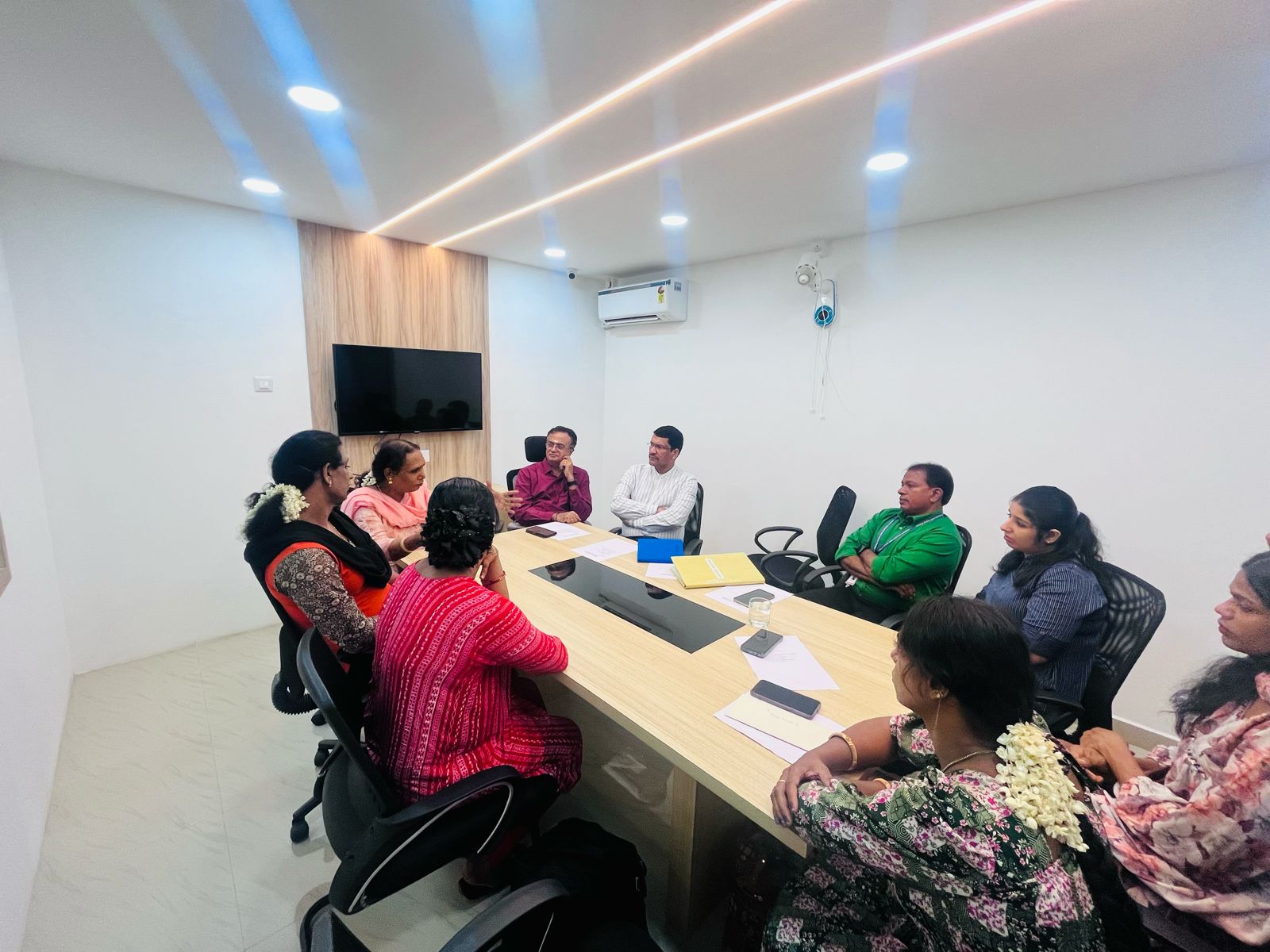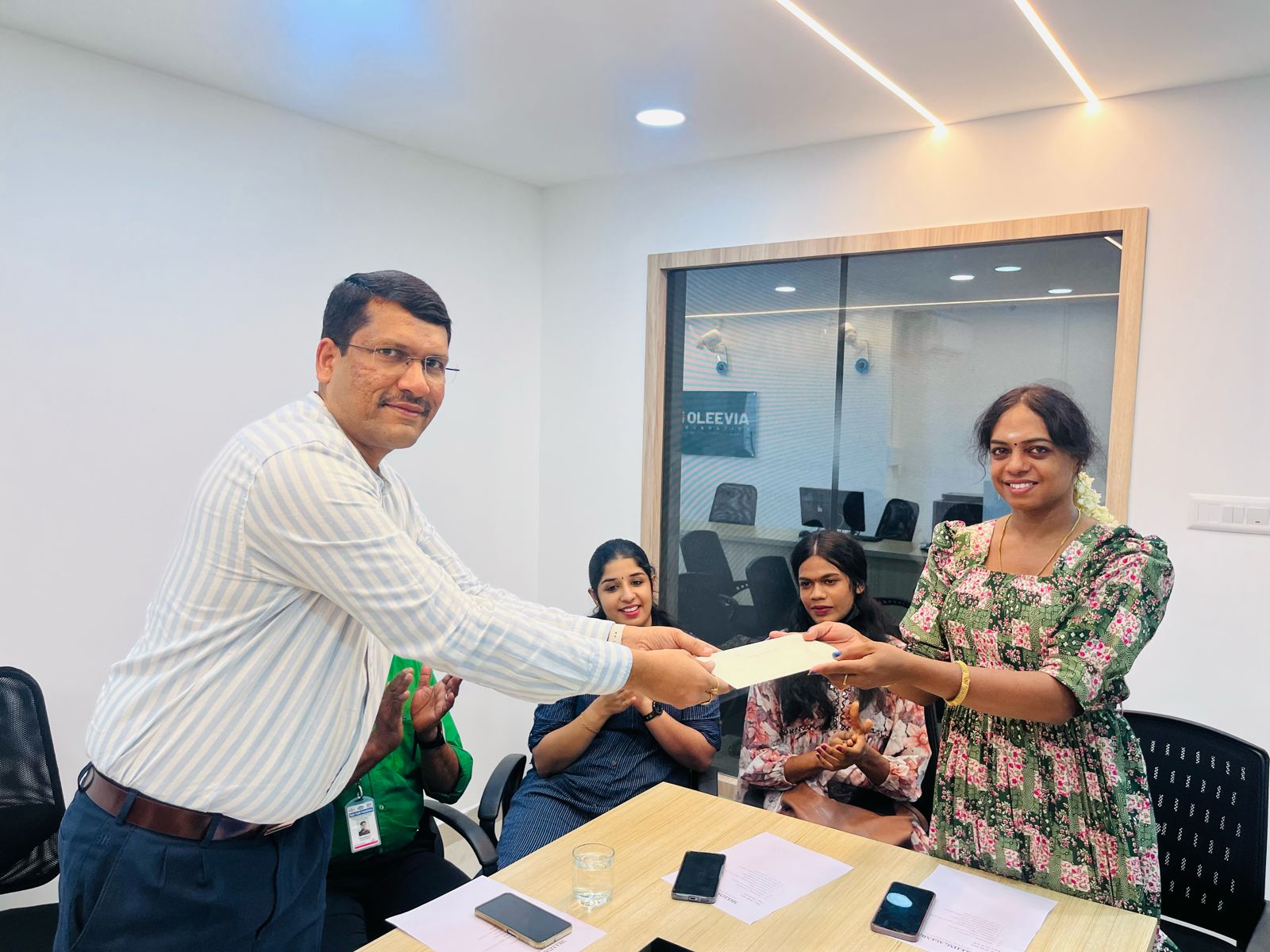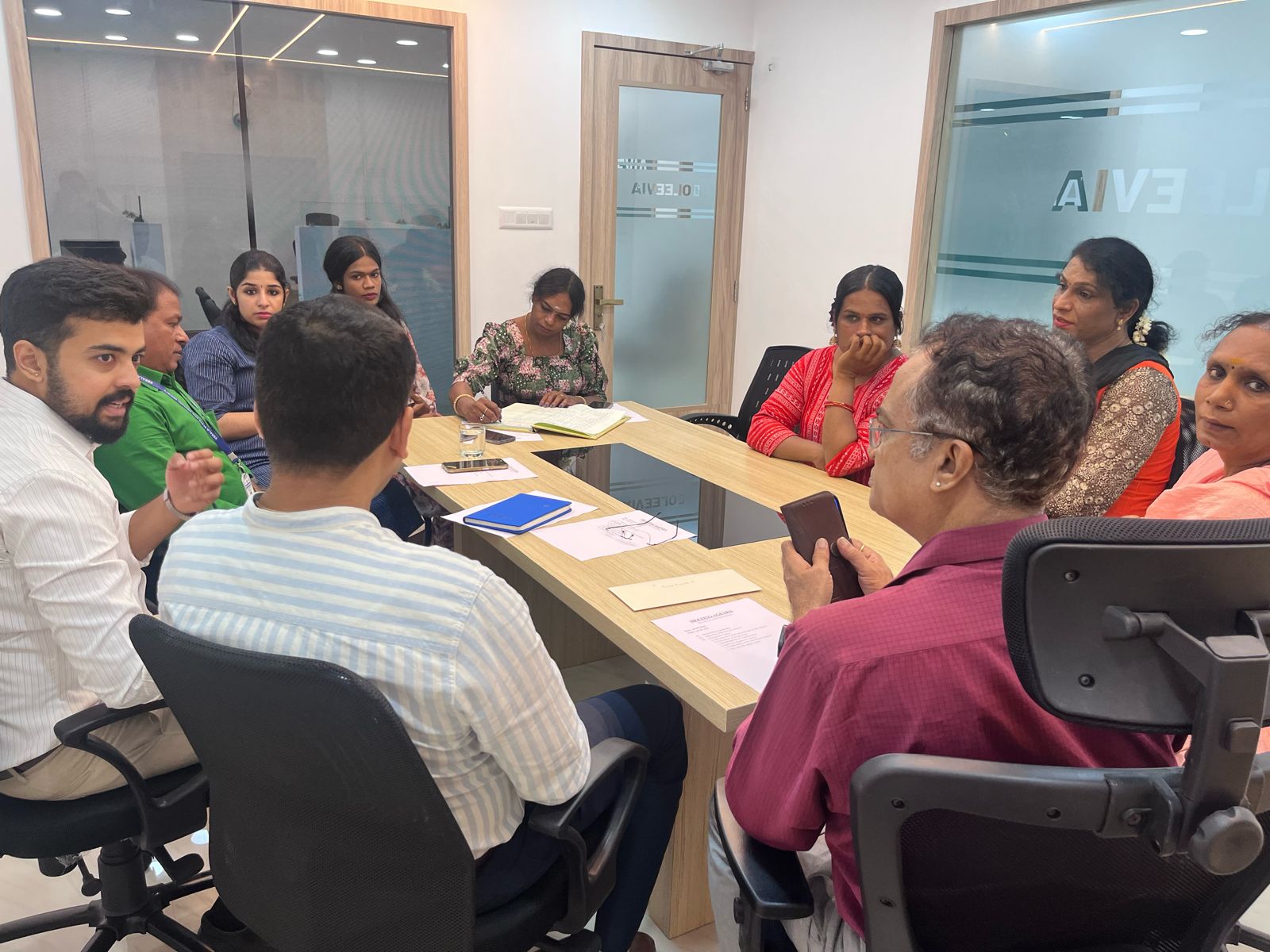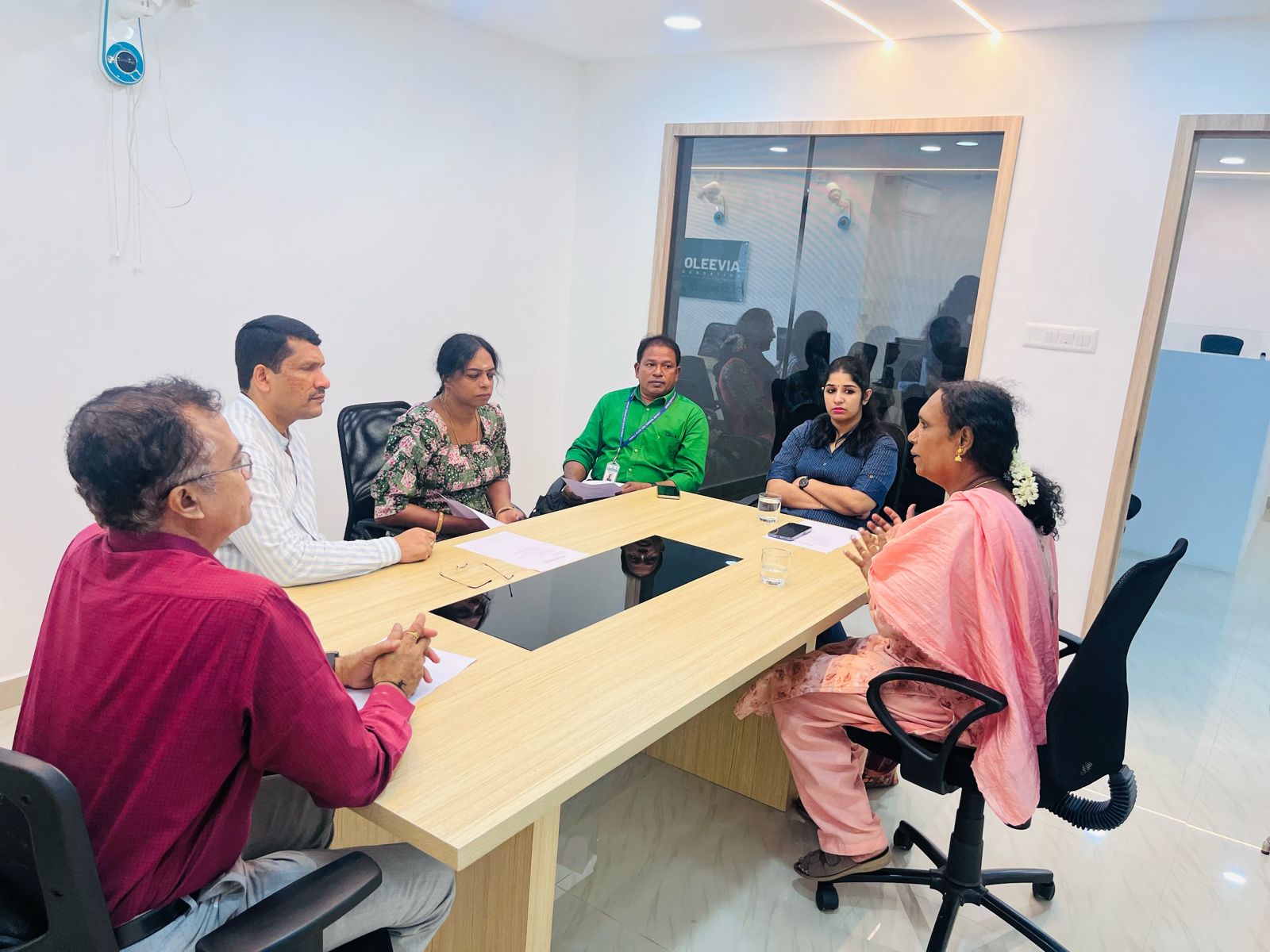Interactive Session with Transgenders of Palakkad
Community Engagement
As part of our ongoing efforts to promote social inclusion and support marginalized communities, our foundation organized an interactive session with the transgender community in Palakkad. This initiative aimed to understand the unique challenges faced by transgender people, foster dialogue, and identify sustainable solutions to enhance their quality of life and social acceptance.
The session was held at Oleevia Foundation Headquarters, attended by over 20 members of the transgender community, along with representatives from local NGOs, healthcare professionals, and our foundation's team. The event began with a welcome address by Varsha Nandini, a prominent transgender activist, who shared insights into the daily struggles and discrimination faced by the community.
Our foundation facilitated an open forum where participants were encouraged to share their personal experiences and highlight the key issues affecting their lives. These discussions revealed several critical challenges, including social stigma, lack of employment opportunities, inadequate healthcare, and limited access to education and vocational training.
One of the primary concerns raised was the pervasive social stigma and discrimination that transgenders face in various aspects of life, from family rejection to workplace harassment. Our foundation proposed several awareness campaigns aimed at sensitizing the broader community and promoting acceptance and inclusivity. Collaborations with local media, schools, and community groups were planned to amplify these efforts.
Employment emerged as a significant issue, with many transgender people struggling to find stable and dignified work. Our foundation is committed to organizing job fairs in collaboration with local businesses and industries, specifically targeting the transgender community. Additionally, skill development programs and vocational training in areas such as tailoring, beauty services, and information technology were proposed to enhance their employability.
Healthcare access was another major concern, with participants highlighting the lack of sensitive and inclusive medical services. Our foundation pledged to establish a dedicated healthcare clinic for the transgender community, staffed with trained professionals who understand and respect their specific needs. Regular health camps and mental health support services were also planned to ensure comprehensive care.
Education and vocational training were identified as crucial for the long-term empowerment of the transgender community. Our foundation proposed scholarships for transgender students and partnerships with educational institutions to provide inclusive learning environments. Vocational training centers focused on skill enhancement and entrepreneurship were also part of the planned initiatives.
Impact:
The interactive session with the transgender community in Palakkad has laid the groundwork for a series of targeted interventions aimed at improving their socio-economic conditions and fostering a more inclusive society. By listening to their voices and involving them in the decision-making process, our foundation has gained a deeper understanding of their needs and aspirations.
The proposed initiatives, from awareness campaigns to job fairs and healthcare services, aim to create a supportive and enabling environment for transgender people. The enthusiastic participation and positive feedback from the community members reflect their hope and determination for a better future.
Through this engagement, our foundation is committed to championing the rights and dignity of the transgender community in Palakkad, ensuring that they have equal opportunities to lead fulfilling and prosperous lives.
